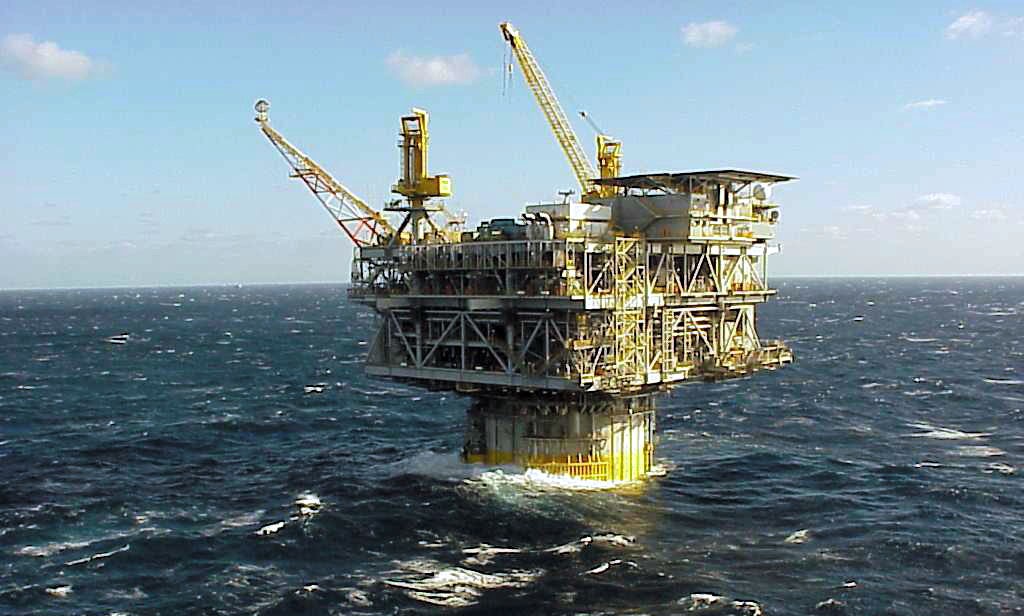83% of Americans now say that climate change poses a “very serious” or “somewhat serious” threat to the world. 66% would be “more likely” to vote for a candidate pushing renewable energy and action against climate change. 74% would like to see more done to combat the negative effects of this changing global climate. The State of the Union showed that President Obama is committed to using his last two years in office to advocate for American liberalism and act as a bulwark against a hostile Congress, but the gloves remain on for the issue of climate change. Why does the President remain so ambivalent on this important issue even while the economy has regained its footing?
A week ago, the White House announced a plan to preserve around 15 million acres of northeast Alaska– known as the Arctic Wildlife National Refuge– as wilderness, a victory long-sought by environmentalists. Once the President makes his announcement, the area will be given protection until Congress decides for or against the designation, or until a successive administration reverses the decision. This guarantees that, for the next few years at least, ANWR will be off-limits to petroleum exploration.
Almost simultaneously, however, information leaked that the White House plans to announce that the Atlantic coast from Virginia to Georgia will be opened to oil and gas drilling. This is a major victory for oil companies, which have fought for decades to exploit an area with potentially several billion barrels of oil and tens of billions of cubic feet of natural gas. This exposes much of the eastern seaboard to the risk of a Deepwater Horizon type oil spill, the effects of which are still being felt years later along the gulf. Indeed, the risks to major U.S. fisheries and coastal tourism, not to mention the little-understood ecology of the Atlantic coast have many questioning the wisdom of opening up this highly populated and ecologically reliant region to oil drilling. Falling oil prices call into question the immediate economic benefit of such an arrangement, while the economic implications of losing a major domestic fishery to an oil spill (especially after the loss of the northwest Atlantic fishery due to overfishing) may counterbalance the security benefits of reduced reliance on foreign sources of energy.
Though Secretary of the Interior Sally Jewell characterized the two proposals as balanced measures designed to open up as many oil reserves as possible while protecting the most fragile ecological areas from exploitation, it seems to be a political argument rather than a scientific one. It is designed to give both environmental and industrial groups a high-profile victory rather than critically examining the costs and benefits of oil exploration in each area– especially in the Atlantic, where there is high uncertainty about the impacts of oil drilling. If this is a political move, however, it strikes a discordant note in the President’s strategic chord. He cannot truly champion the liberal cause while still pulling punches on this critical issue. He must commit himself to action motivated by his core liberal values rather than try once more for weak and ineffectual compromise with his obstinate opponents. Until then, in the minds of many on the left, and of the 83% of Americans who would like to see environmental action, his legacy will be that of a President Chamberlain, looking to appease his ideological enemies while they rearm for the next war in 2016.

